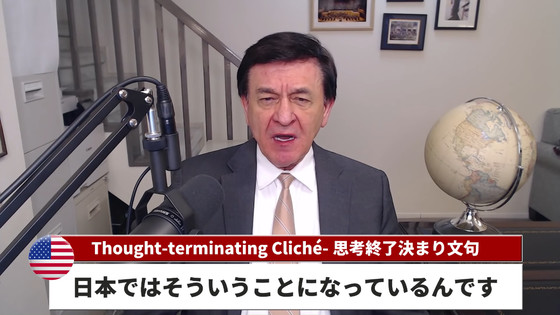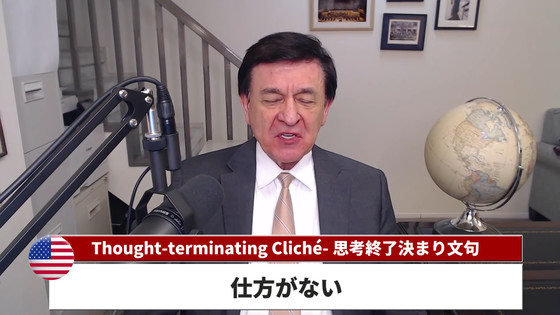What is a 'thinking end cliché' that ends meaningful discussions and conversations and leads to incorrect logic and conclusions?

'
Thought-terminating cliché - Wikipedia
https://en.wikipedia.org/wiki/Thought-terminating_cliché

In his 1961 book `` Thought Reform and the Psychology of Totalitarianism '', Mr. Lifton called ``Thought-terminating cliché'' the ``language of non-thinking'' and defined it in detail. According to Lifton's definition, 'Language in a totalitarian environment is characterized by thought-ending clichés, condensed into short, highly reductive, decisive-sounding phrases that are easily remembered.' They are the beginning and end of any ideological analysis.”
Amazon.com: Thought Reform and the Psychology of Totalism: A Study of 'Brainwashing' in China : Lifton, Robert Jay: Foreign Language Books

Mr. Lifton introduces 'Thought-terminating cliché' as a type of 'Loaded language'. 'Loaded language' is a technique of phrases and logic that influences the audience using words and phrases with strong connotations, clearly defined by American analytical philosopher Charles Stevenson . Similarly, 'Thought-terminating cliché' is not a natural and persuasive logic from the flow of conversations and discussions up to that point, but by using phrases that people tend to believe or assume, It is supposed to hold back and lead to erroneous conclusions.
On Wikipedia's 'Thought-terminating cliché' page, examples include 'Lies of the devil', often used as a response to any fact that threatens someone's integrity, and `` Stop thinking so much '' that points out that thinking itself is overkill to distract the eyes, `` It's all good (oh, again )” are mentioned.
Also, the phrase 'Thought-terminating cliché' in Japanese is well understood in the movie in which Mr. Kent Gilbert, a lawyer in California and active as a talent in Japan, explained 'Phrase collection of Thought-terminating cliché'.
Maybe you are using it too? Phrasebook 'Thought-terminating cliché' / Kent Gilbert-YouTube
For example, when Mr. Gilbert publishes a movie that explains or discusses a specific topic, comments such as 'Mr. Kent, you don't understand anything!' According to Mr. Gilbert, if there is a specific counterargument, it will lead to discussion from there, but if it is just pointed out that 'I do not understand', no further discussion will be possible and it will stop there. This is easy to understand as a phrase of 'Thought-terminating cliché' that forces thinking to end, and Mr. Gilbert says, 'It's a more effective phrase because Japanese people are good at giving up.'

In addition, when Mr. Gilbert had just moved to Japan, when he was living in housing for foreigners, despite the fact that the market price of rent had fallen sharply due to the bursting of the bubble economy, he said, 'In Japan, when rent is renewed, is supposed to be raised.' In the same way, he points out that expressions such as 'that's decided' and 'that's the rule' are effective 'Thought-terminating cliché' phrases to make the other party give up on logical thinking.

In addition, Mr. Gilbert says that the phrase 'it can't be helped', which is very commonly used in Japanese, is a word that gives up discussion. A similar nuance is expressed in English as 'It is what it is', but Mr. Gilbert says, 'I don't really like this expression in English because it's a' escape word '.'

'Thought-terminating cliché' is believed to be problematic in many ways. On the political front, totalitarian states tend to use clichés to restrict or censor free speech, much like Lifton originally envisioned communism in China.
On the religious front, the church is often criticized for using clichés to guide thought and deliberately reduce the possibilities for dialogue. Also, Jenna Scaramanga, a journalist for The Guardian , a major British letter, argued that some followers of Islam are sometimes labeled 'haram' (sinful), something forbidden. It points out that the tactic of “thought-terminating cliché” is used to make it inviolable without room for damage.
There is also the idea that slogans in commercials, posters, etc. are also a form of cliché: 'A brief, reductive label that ends the way you think about something or its subject matter.'
Gilbert says it's important to think about how to deal with the phrase 'Thought-terminating cliché' when it's used.
Related Posts:
in Note, Posted by log1e_dh







